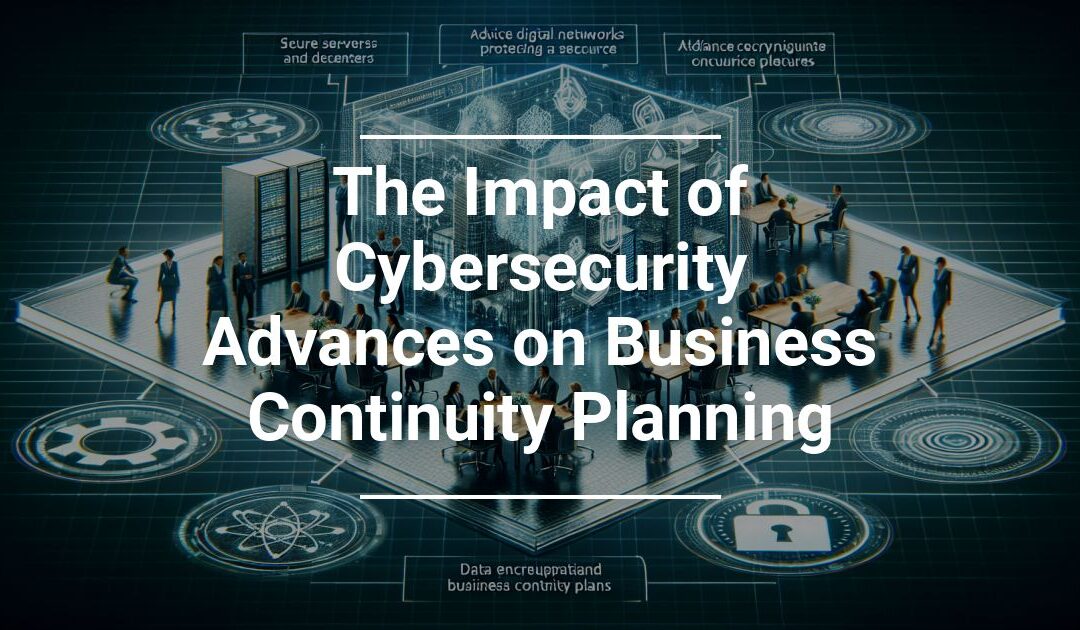 Whatever type of business you have, there are always threats to your ability to operate. Cyber threats are among the most prevalent and potentially devastating issues every company must address. Recovering from a cyber attack takes time and money, and the sad fact is that some businesses never bounce back.
Whatever type of business you have, there are always threats to your ability to operate. Cyber threats are among the most prevalent and potentially devastating issues every company must address. Recovering from a cyber attack takes time and money, and the sad fact is that some businesses never bounce back.
Does your company have the cybersecurity protocols to stop malware, data leaks, ransomware, and other threats? Because no enterprise is ever truly immune to cyber threats, cybersecurity must be inextricably intertwined into every business continuity plan.
The Critical Elements of Cybersecurity-Focused Business Continuity
To ensure your company’s resilience in the face of a cyber attack, you need to address several key points:
- Protecting the infrastructure and data from attacks and reducing the likelihood of an attack
- Reducing the impact of incidents on your day-to-day business operations, reputation, and future functions
- Compliance with legal and regulatory requirements for your industry
- Securing the resources and data necessary to continue business operations
- Communication protocols
At its core, effective business continuity planning requires continually assessing the risks your business faces, determining the potential impact of those risks, and finding ways to respond and mitigate the effects and the likelihood of ongoing disruptions.
What Your Business Needs To Do
Your company must strengthen its defenses to avoid the devastating impacts of a cyber attack. Building specific mitigation techniques into your continuity framework reduces vulnerabilities and better positions you to thwart bad actors and continue moving forward.
A significant part of this approach is addressing the human element of cybersecurity. Comprehensive, ongoing education about cybersecurity threats helps create a culture of security awareness. It gives your team ownership of their roles in keeping the business running. However, in addition to training, the cybersecurity plan should include robust policies to create an environment that supports secure behavior.
Many businesses follow the National Institute of Standards and Technology framework to develop effective security strategies. After identifying the core systems that require protection and the risks they face, the NIST framework calls on businesses to:
- Protect their systems and data with real-time defenses, including training, access control, firewalls, encryption, platform and data security protocols, and more
- Detect system infiltration and gauge the threat to determine the most effective response strategy
- Respond to attacks using a variety of approaches to mitigate the damage
- Recover from the attack by implementing the specific strategies outlined as part of the business continuity plan
A business continuity plan is more than an insurance policy. Considering how much even the smallest businesses rely on digital technology, constant connectivity, the increasing sophistication of cybercriminals, and the expansion of the threat landscape, a thoughtful approach to cybersecurity protection is more important than ever. Plan accordingly to protect your company today.


